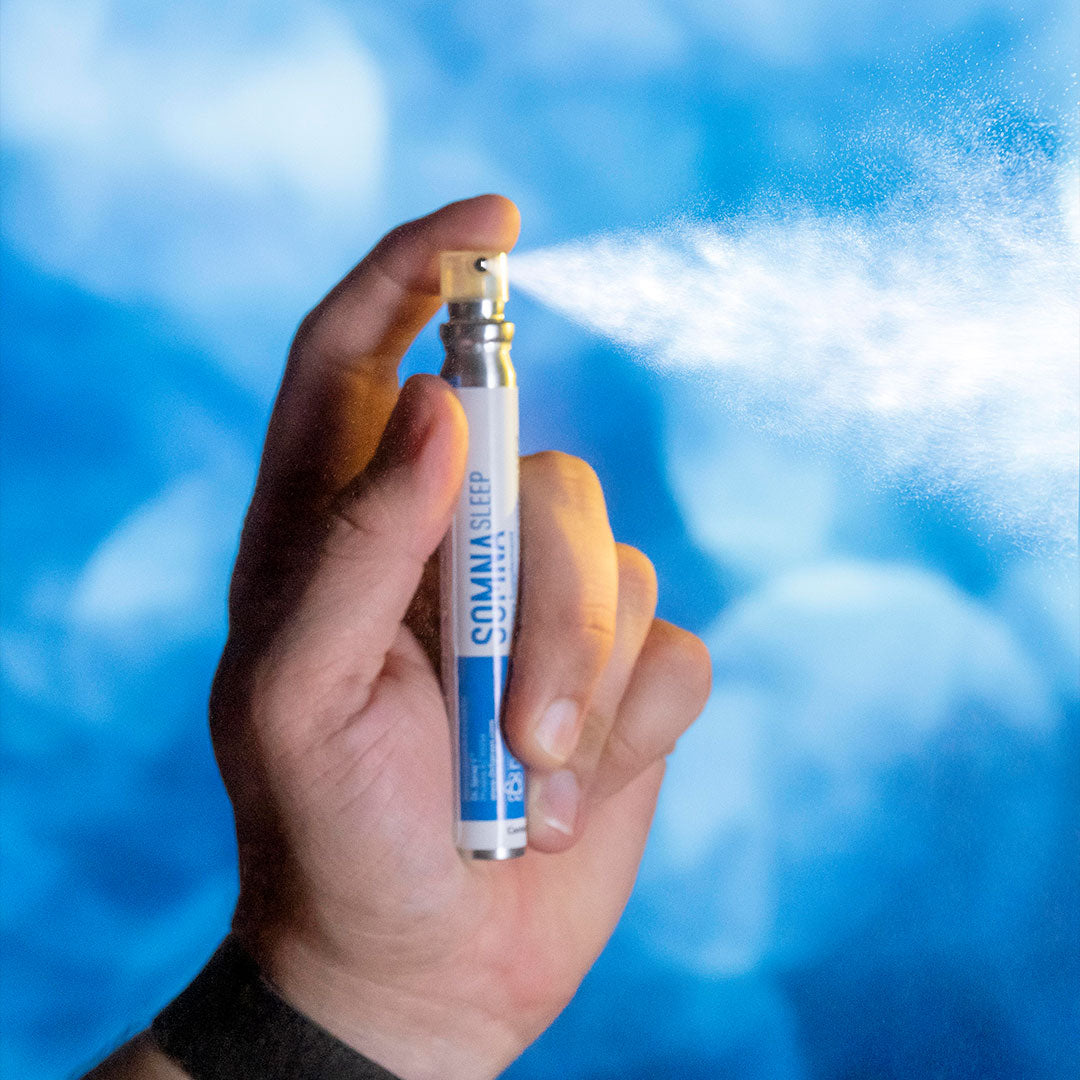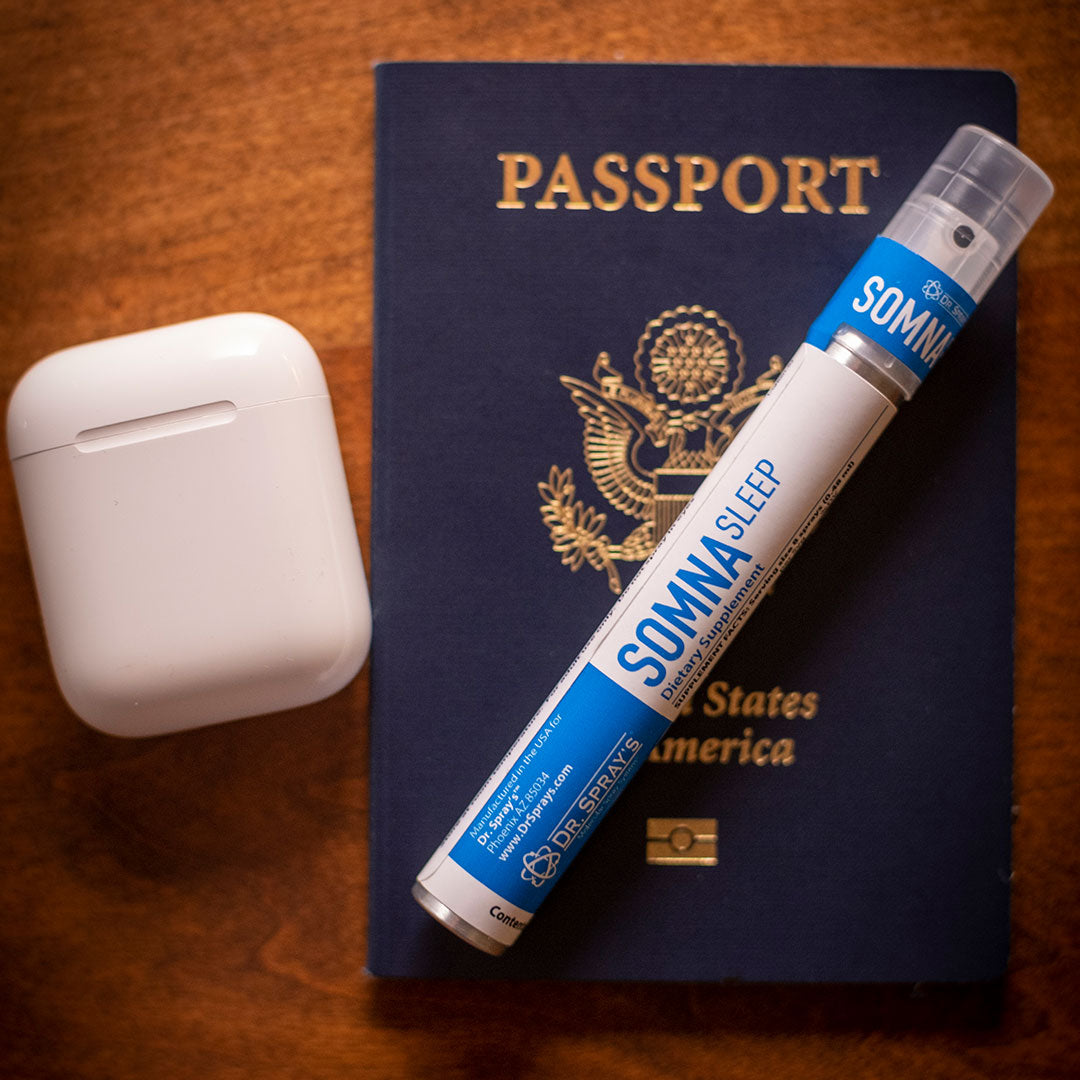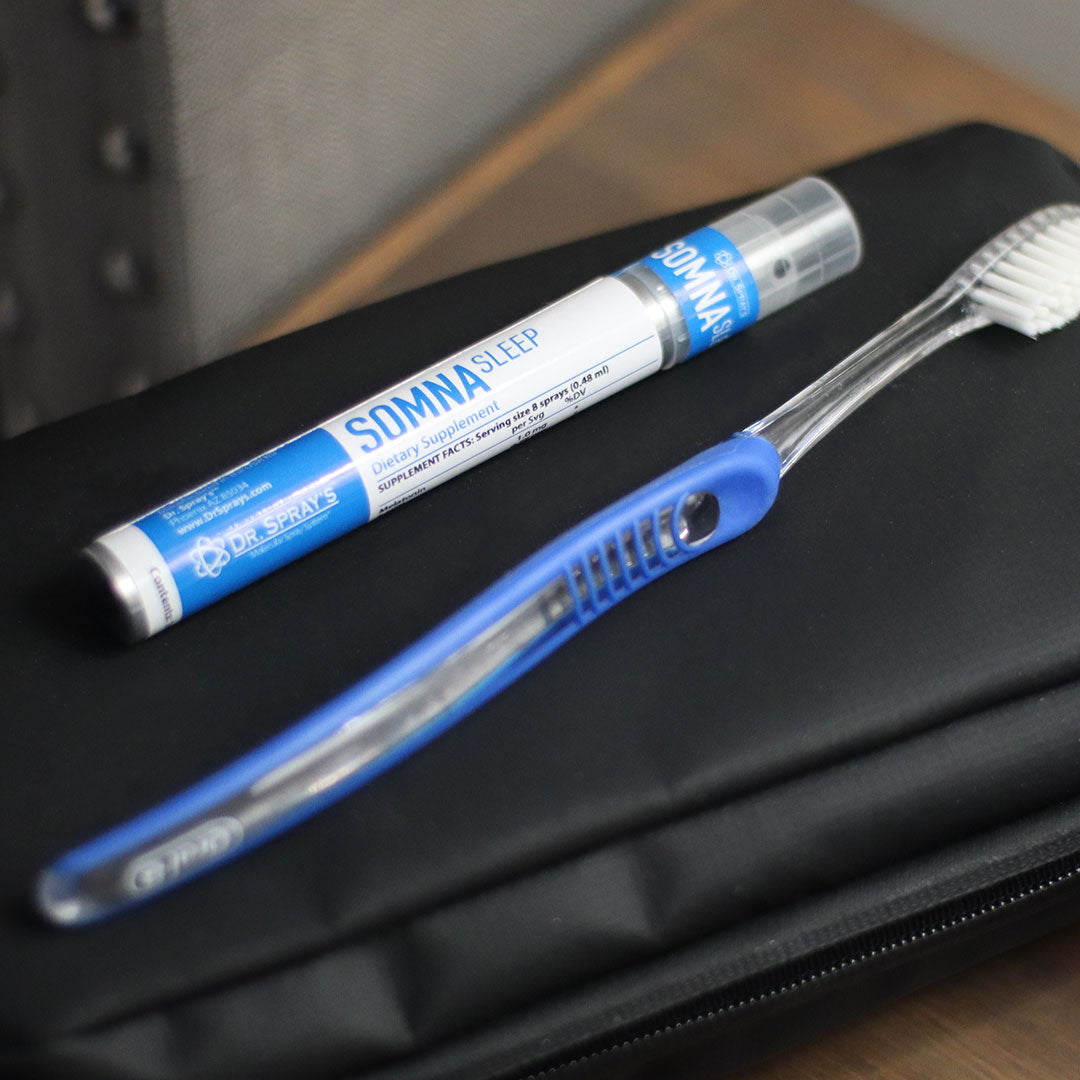How To Go To Sleep Fast For 9 Year Olds?
School, homework, after-school activities… life can be pretty busy for a 9 year old. So when it's time to hit the hay, you want to make sure your little one can fall asleep fast and comfortably. Try out these tips:
- Create a bedtime routine. This could involve taking a bath, reading a book or story, and saying prayers or affirmations. Doing the same thing every night will help your child's body and mind know that it's time to sleep.
- Avoid screen time before bed. The blue light from TV screens and phones can make it harder to fall asleep. If your child is used to winding down with some screen time, try swapping it out for a calming activity like reading or listening to soft music.
- Establish a regular sleep schedule. Go to bed and wake up at the same time every day, even on weekends. This will help regulate your child's internal clock and make it easier to fall asleep.
- Keep the bedroom dark and cool. A dark room sends cues to the brain that it's time to sleep. Cooler temperatures also promote deep, restful sleep.
- Limit caffeine and sugary drinks. These can both interfere with sleep. If your child is thirsty before bed, give them water or milk instead.
Following these tips should help your child fall asleep fast and wake up feeling refreshed and ready to take on the day. Sweet dreams!
First, try making a bedtime routine and sticking to it as much as possible. This means having the same activities happen in the same order every night before sleep. For example, reading a book together, brushing teeth, and then turning out the lights.
You can also try using a sleep timer or app to help lull your child to sleep with soft music or calming sounds. There are many of these available for free online or for purchase.
Finally, make sure the environment in your child's bedroom is conducive to sleep. This means keeping the lights low and avoiding electronics in the hour leading up to sleep.
If you follow these tips, your child should be able to fall asleep more easily and have a better night's rest.
There are a few things you can do to help yourself drift off to sleep quickly, even if you're a9-year-old with a lot on your mind.
1. Reserve the bed for sleep and sex
This may seem like an obvious one, but it's important to keep your bed reserved for two activities: sleep and sex. That means no watching television, working on your laptop, or scrolling through social media in bed.
When you associate your bed with sleep, your brain will be more likely to Wind down and prepare for slumber when you hit the sheets.
2. Keep a regular sleep schedule
Another way to train your brain to sleep well is to keep a regular sleep schedule. That means going to bed and waking up at the same time each day — even on weekends.
Sticking to a set sleep schedule will help regulate your body's natural circadian rhythm, which is the internal process that tells your body when it's time to sleep and wake up.
3.Create a pre-bedtime routine
Having a pre-bedtime routine can cue your brain that it's time to start winding down for the night. This could involve taking awarm bath, reading a book, or writing in a journal.
Doing something calming before bed will help ease you into sleep mode and make it easier to fall asleep when you finally turn off the lights.
4. Limit caffeine and alcohol
You should also limit your intake of caffeine and alcohol before bed. Caffeine is a stimulant that can keep you awake, so it's best to avoid coffee, tea, energy drinks, and chocolate after lunchtime.
As for alcohol, it may make you feel sleepy at first, but it can actually disrupt your sleep later in the night.
5. Avoid screen time before bed
It's also important to avoid screen time in the hours leading up to bedtime. The blue light emitted by screens can have apowerful effect on your circadian rhythm, making it harder to fall asleep.










